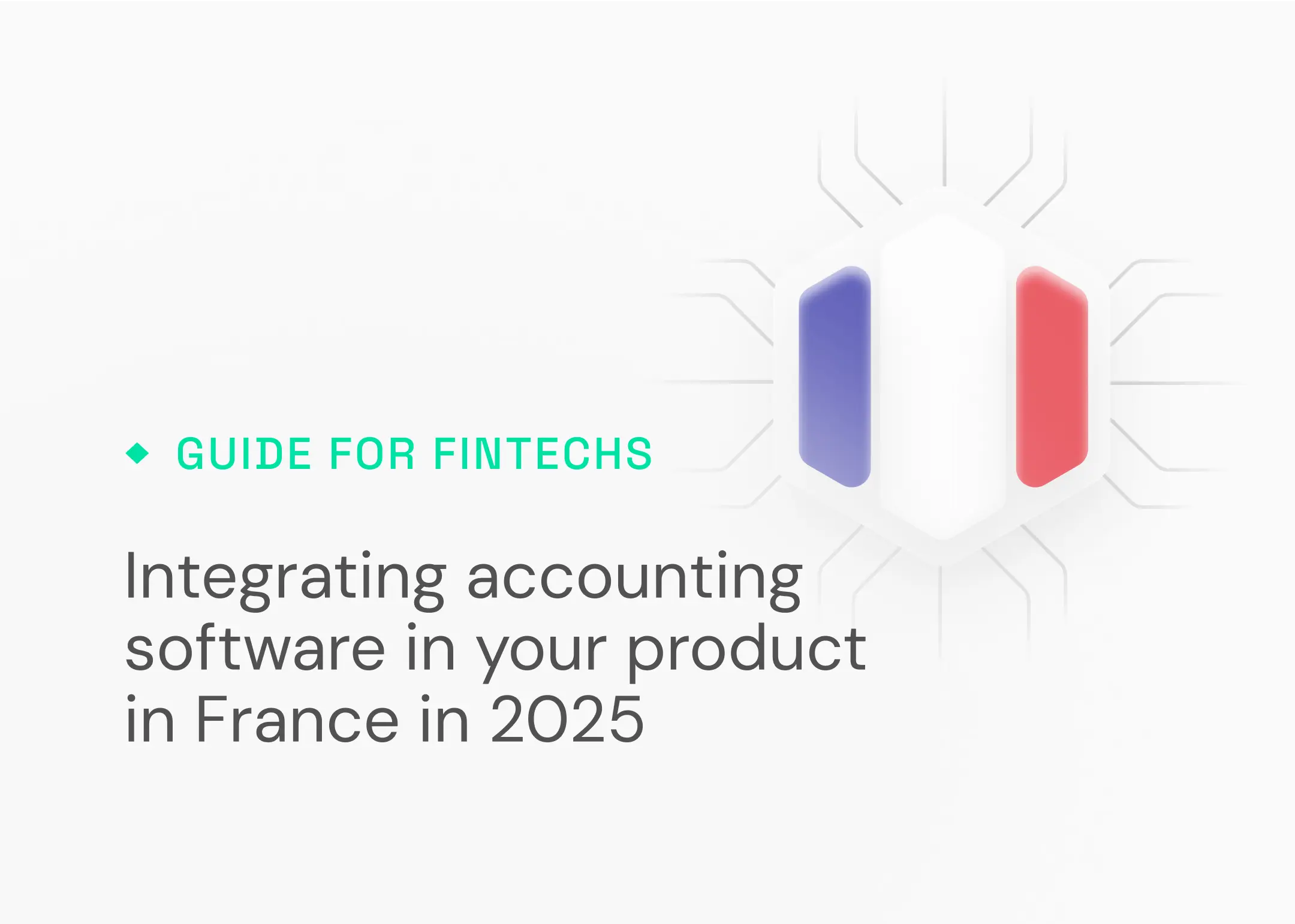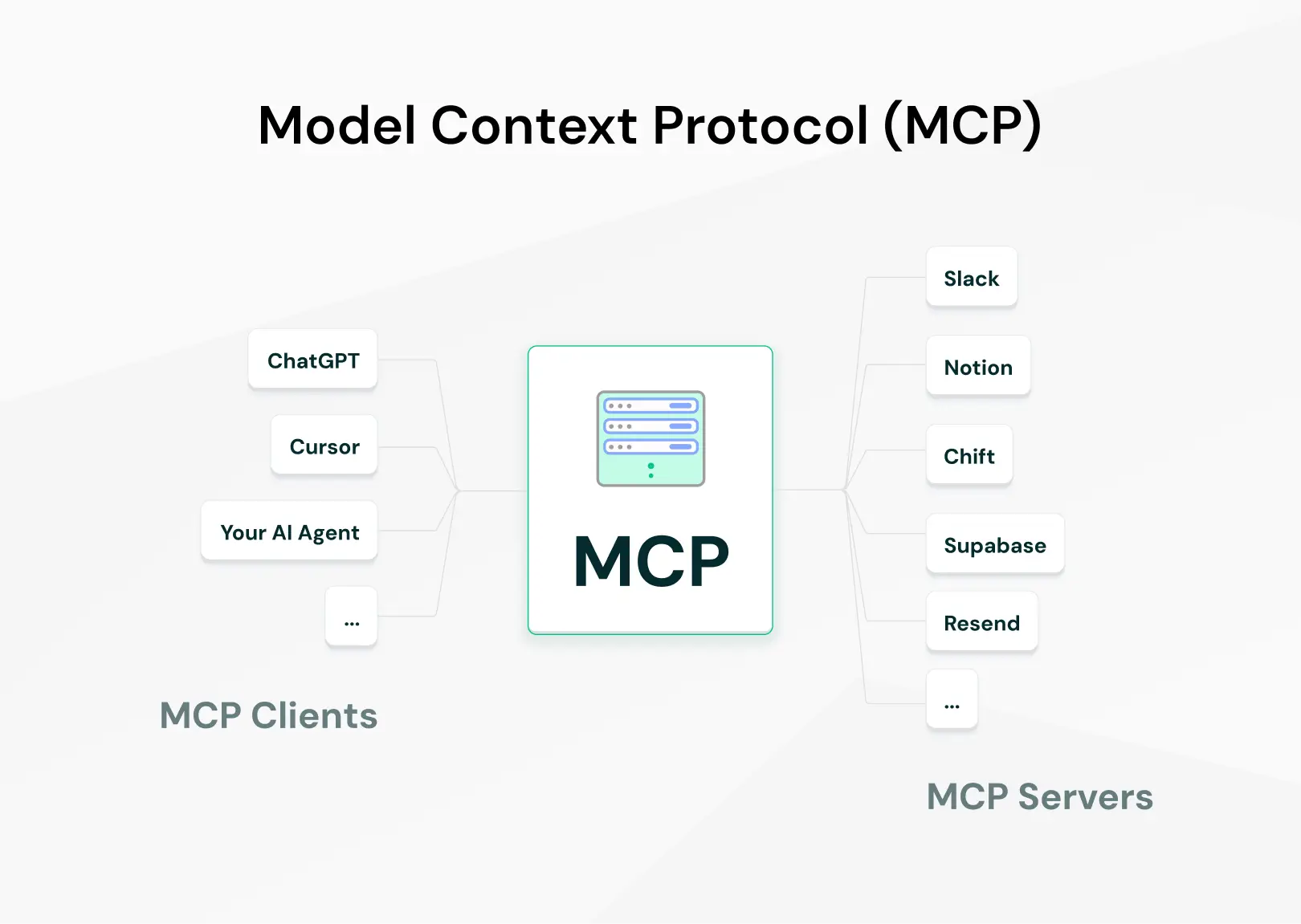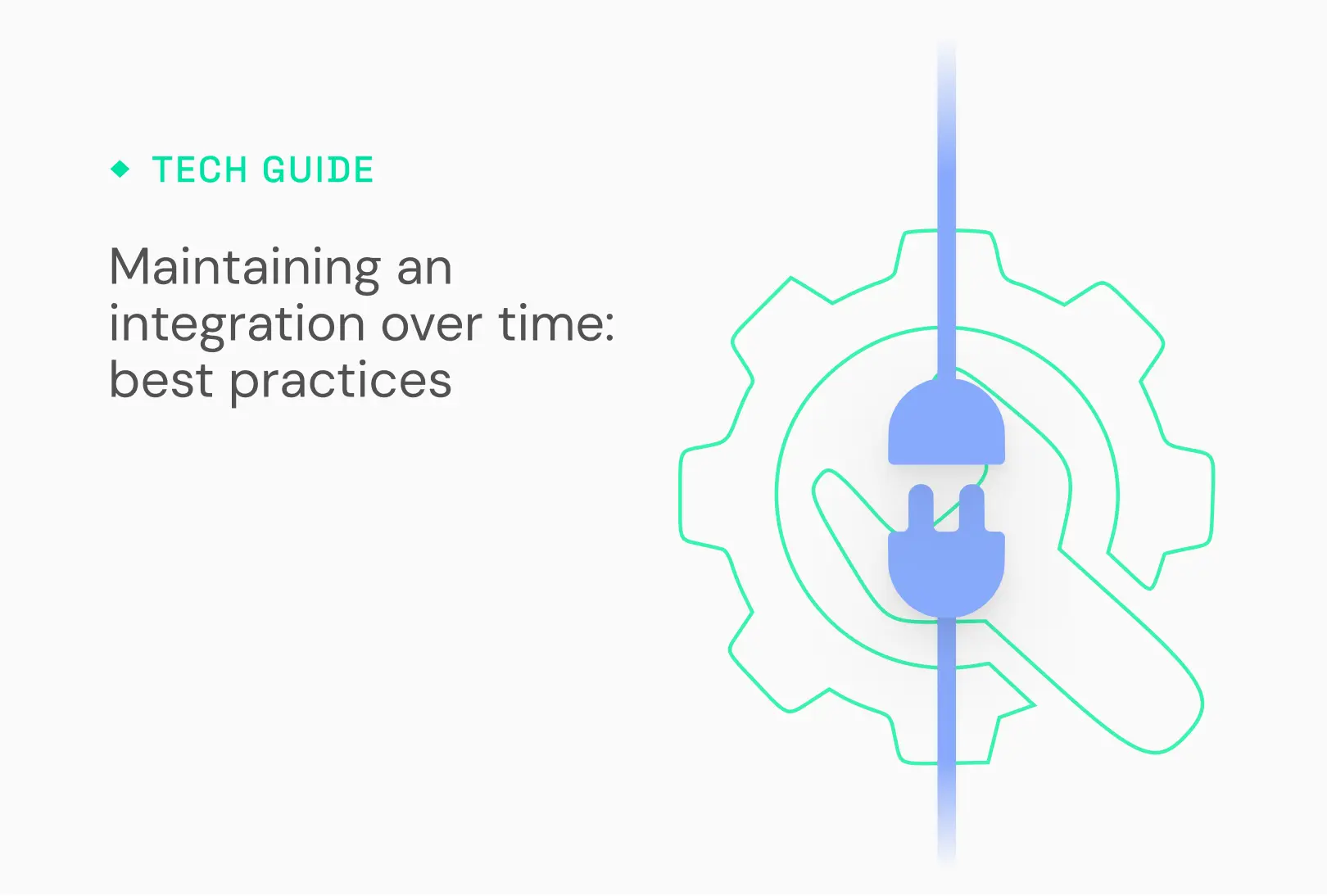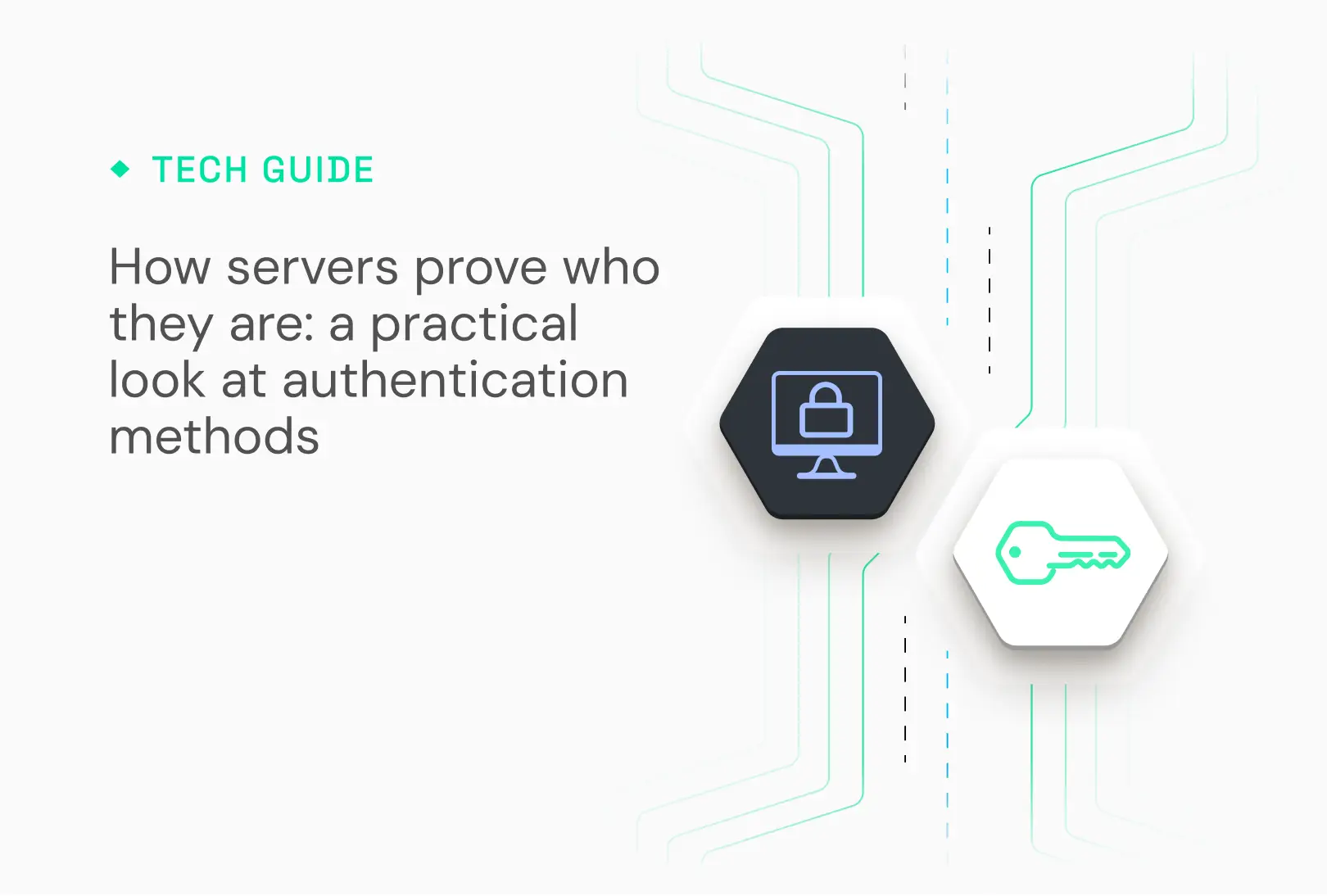For companies of all sizes, effectively managing expenses is crucial for financial health. Expense management software help centralize expense tracking and automate workflows, but its full potential is unlocked only with seamless integration into accounting systems. Without this integration, businesses often face inefficiencies like manual data entry, delayed reporting, and limited financial visibility.
What are expense management software?
Expense management software help businesses streamline and optimize their expenses by automating processes like procurement, payments, and tracking. As companies grow, manual expense management can cause inefficiencies, approval delays, and lack of visibility. Having a dedicated software for expenses allows to centralize financial workflows, enhances visibility into spending, and supports better financial decision-making and cost control.
Key features of expense management platforms include:
- Expense tracking: monitors and categorizes company purchases, whether through corporate cards, employee reimbursements, or other spending channels.
- Procurement management: helps manage vendor relationships, purchase orders, and procurement workflows, ensuring that expenses are controlled from the initial order through to payment.
- Invoice management: automates the capture and reconciliation of invoices, reducing manual data entry and streamlining the payment process.
- Budgeting and expense control: allows businesses to set budgets, enforce expense policies, and receive alerts when limits are approached or exceeded.
- Reporting and analytics: provides detailed reports and insights on spending patterns, helping finance teams identify opportunities for cost savings and optimize future expenditures.
- Integration with accounting systems: syncs seamlessly with accounting software to ensure that all expense data is automatically reflected in financial records (more on that later).
However, the full value of expense management software is realized only when integrated with accounting systems, which eliminates manual reconciliation and delays in reporting.
The role of accounting integrations in expense management
Accounting integrations are essential for ensuring that all expenses tracked in expense management software are reflected in the company’s accounting system in real-time. When integrated, the data is synced seamlessly, reducing the need for manual input and ensuring financial accuracy.
For example, consider the types of data that businesses need to push from expense management software into accounting systems:
- Card purchases: employee or corporate card transactions need to be recorded in the accounting software, along with relevant details like the amount, date, and vendor.
- Card invoices: monthly statements from company credit cards or payment platforms need to be reconciled with actual transactions in both systems.
- Mileage claims: expenses related to business travel mileage must be tracked, categorized, and reflected accurately in accounting records.
- Reimbursements: employee expense reimbursements (e.g., for meals, travel, or supplies) need to be logged in both the expense management tool and the accounting system for accurate bookkeeping.
- Withdrawals and fees: any cash withdrawals or transaction fees (e.g., ATM fees, foreign transaction fees) need to be recorded in accounting, ensuring that all charges are accounted for properly.
Without accounting integrations, these types of data would have to be manually entered into accounting software, increasing the risk of errors and inconsistencies.
Simplify accounting integrations for expense management software with Chift's Accounting Unified API
The scalable and cost-efficient solution for accounting integrations
Chift offers a Unified Accounting API that allows expense management software to easily integrate with all major European accounting tools in a single integration:
- Develop integrations faster: add dozens of native integrations to your product with a single integration with Chift’s Unified API. Focus on your core product and save time on your roadmap.
- Shrink your development costs: save development time and maintenance costs by outsourcing this part of your product. An integration can cost up to €50,000 per year when built in-house.
- 1-Click integration: making an integration available for your users is only a click away. View all tools supported by our Unified API and simply select those you want your users to access.
- Increase revenue: open new market opportunities and close more deals. Prospects will not consider software that does not integrate with the current tools they use.
- Manage your integrations with ease: easily monitor and test integrations in real-time with Chift’s integrations dashboard and one-click API connection testing (test payload).
- European focus: we offer integrations with the most popular accounting tools in European countries.
Key product features for your users
From quality of life features to best in class user experience, Chift also offers numerous benefits for your users.
- Automated accounting entries: automatically import and reconcile vendor bills, expenses, and payments into the accounting system.
- Bidirectional accounting integration: synchronize master data from accounting tools to ensure accurate correspondence with suppliers, employees, and analytical fields.
- Intuitive & customizable interface: integrations are easily activated in a few clicks through either with a white-labeled marketplace or they are embedded in your platform. You decide how your users access and activate integrations. Authentification is handled seamlessly.
- Collaborative setup: simplify connection setup by allowing users to invite a third-party, such as their accountant, to perform the accounting mapping and provide credentials if needed.
By embedding these capabilities into expense management tools, Chift turns integrations into a competitive advantage.
Fintech leaders partner with Chift
Our Unified Accounting API is used by the best B2B SaaS vendors. You can learn more about its applications in our customer stories.
.avif)
Gain a competitive edge and positioning yourself for success in an increasingly data-driven world by working with Chift. Reduce costs and development time associated with integrations, close more deals and increase product velocity.
Curious about how you can use Chift’s Unified Accounting API for your integrations? Reach out to our team for a demo.






.avif)












